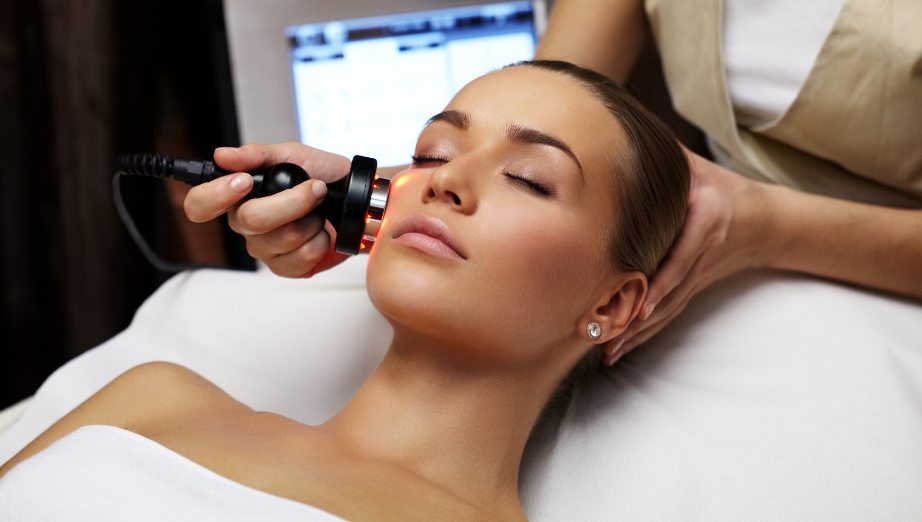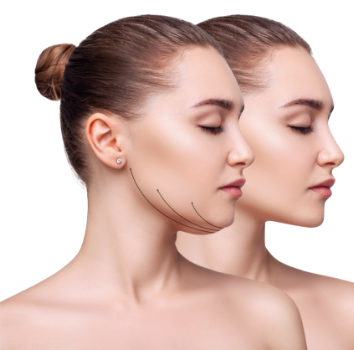The masseter muscles are a pair of strong muscles located on each side of the lower face.
They are responsible for chewing and clenching and contribute significantly to the shape and width of the jawline.
A consultation for the masseter area at Shellharbour Skin is a medical discussion focused on understanding how these muscles work, what influences their size and activity, and how that may relate to your overall facial structure. This consultation is educational in nature and aims to help you understand anatomy, contributing factors, and safe, evidence-based management pathways
Understanding the Masseter Muscles
The masseter muscles are essential for jaw function but can appear more prominent in some individuals. This prominence can develop naturally or be influenced by repeated use and tension.
Common contributing factors include:
Genetic predisposition: Inherited facial and bone structure characteristics.
Bruxism: Chronic clenching or grinding of the teeth, often linked to stress or jaw tension.
Lifestyle and posture: Long-term habits such as chewing on one side or gum use.
Asymmetry: One side may become more active than the other, affecting facial balance.
Understanding these factors allows your clinician to discuss how functional muscle changes can influence facial shape or tension.

Your Consultation at Shellharbour Skin
During your consultation, your clinician will perform a detailed assessment of your jaw function and lower facial structure.
The purpose of this consultation is to identify possible causes of muscle activity or tension and provide factual, evidence-based information about available management options.
Your clinician will:
- Take a detailed medical history, including medications, allergies, and dental or previous aesthetic procedures.
- Assess muscle activity, jaw movement, and bite patterns.
- Discuss non-surgical management options that may be appropriate for your needs.
- Explain potential approaches in general terms
- Outline risks, benefits, and aftercare expectations.
- Provide time to ask questions or express any concerns.
No procedure is performed during the first consultation. If a clinical management pathway is recommended, this will only proceed following a full assessment and informed consent.
Clinical Discussion and Management Planning
After assessment, your clinician may discuss potential pathways for managing masseter muscle activity or associated tension. These discussions are purely informational and non-promotional, intended to support understanding and decision-making.
Topics that may be discussed include:
- Observation and monitoring if no intervention is required.
- Habit management strategies for clenching or grinding (including dental referral).
- Non-surgical approaches that can help reduce excessive muscle activity or imbalance.
- Discussion of the temporary nature, risks, and safety profile of prescription-only options, if clinically appropriate.
Every plan is tailored to the individual’s anatomy, health history, and preferences. No pathway proceeds without informed consent and medical oversight.
Aftercare and Follow-Up
If a management approach is undertaken, your clinician will provide written aftercare instructions.
Temporary effects such as mild tenderness, swelling, or tightness may occur and typically settle within a few days.
General care recommendations may include:
- Avoid massaging or touching the area for several hours.
- Avoid vigorous exercise and extreme temperatures for 24 hours.
- Monitor for any pain, redness, or unexpected changes and contact the clinic if concerned.
- Follow all instructions provided in your written aftercare plan.
Follow-up appointments are usually recommended to review progress and discuss next steps if needed.
Risks and Considerations
All aesthetic and medical procedures carry potential risks.
Your clinician will discuss these thoroughly before any treatment decision.
Common temporary effects may include:
- Local swelling or tenderness
- Mild bruising
- Temporary feeling of jaw stiffness
Less common or serious effects may include:
- Asymmetry or uneven muscle response
- Headache or chewing fatigue
- Infection or local inflammation
- Allergic or inflammatory reaction
If you experience unexpected pain, facial weakness, or discolouration, contact the clinic or seek urgent medical review.
Cost and Planning
The cost of consultations for masseter muscle concerns varies based on the complexity of the assessment and any management pathway discussed.
All costs are confirmed before your consultation, and any procedures involving prescription-only medicines are priced separately after clinical review and approval.
No treatment occurs without suitability confirmation and informed consent.
Important Information
- Shellharbour Skin provides consultations for assessment and education in compliance with AHPRA and TGA advertising standards.
- This page does not advertise or promote prescription-only medicines.
- All services are provided following a comprehensive medical assessment.
- Individual suitability and experiences vary.
- This information is for educational purposes and does not replace personal medical advice.
Practitioner Transparency
Consultations and skin treatments at Shellharbour Skin are provided by a multidisciplinary clinical team:
Dermal Clinicians – qualified skin professionals who are not registered under AHPRA but hold tertiary qualifications in dermal science or dermal therapies. They provide skin treatments and consultations within their professional scope and under clinical supervision.
Registered Nurses – AHPRA-registered health practitioners who perform skin and aesthetic treatments within their clinical training and scope of practice.
Medical Practitioners – AHPRA-registered doctors experienced in skin health and aesthetic medicine who oversee and support all clinical services.
All treatments are undertaken within a medically supervised environment, ensuring that each patient pathway is reviewed for clinical suitability, safety, and evidence-based care.
You can verify registration for medical practitioners and nurses at ahpra.gov.au
Frequently Asked Questions
What are the masseter muscles, and why do they become prominent?
The masseter muscles are located on each side of the lower face and are responsible for chewing and jaw movement. In some individuals, these muscles become more noticeable due to genetics, habitual clenching or grinding (bruxism), or repetitive chewing patterns. Over time, this activity can influence the shape and width of the lower face.
Why might I book a consultation for this area?
A consultation provides an opportunity to understand how jaw muscle activity may be affecting your facial structure, comfort, or symmetry. It is an educational discussion designed to help you explore contributing factors, assess muscle function, and learn about potential management strategies in a safe, medically supervised environment.
Is this consultation about pain, tension, or appearance?
Jaw muscle consultations can address a range of concerns, from functional tension or clenching to the aesthetic impact of strong or asymmetric masseter muscles.
Your clinician will take a full history to understand your goals and help determine whether a functional, aesthetic, or combined approach may be suitable.
Is this consultation suitable for everyone?
Suitability depends on your medical history, anatomy, and individual goals. Your clinician will determine whether this service is appropriate and, if necessary, recommend alternative care pathways. Consultations at Shellharbour Skin are available for adults aged 18 years and over.
Can jaw muscle activity return after management?
In some cases, muscle activity can gradually return over time. This depends on lifestyle factors, clenching habits, and individual physiology. Your clinician may recommend periodic review appointments to assess ongoing activity or tension.
What products do you use for jaw muscle management?
At Shellharbour Skin, any product or substance used to manage jaw muscle activity is a prescription-only medicine. Under AHPRA and TGA advertising regulations, the specific names or ingredients of these products cannot be promoted or advertised publicly.
During your consultation, your clinician or prescribing practitioner will discuss whether a medically directed approach is appropriate for you.
This includes an explanation of:
- how the medicine works,
- its potential benefits and risks,
- available alternatives, and
- the informed-consent process before any treatment.
All prescription-only products are administered under medical supervision and only after a full in-person assessment confirms clinical suitability.
For non-prescription support, your clinician may also recommend adjunctive options such as skincare, hydration, stress management, or physiotherapy strategies to help support overall jaw and facial balance.
If you have a question, get in touch and one of our staff will be in touch shortly.




